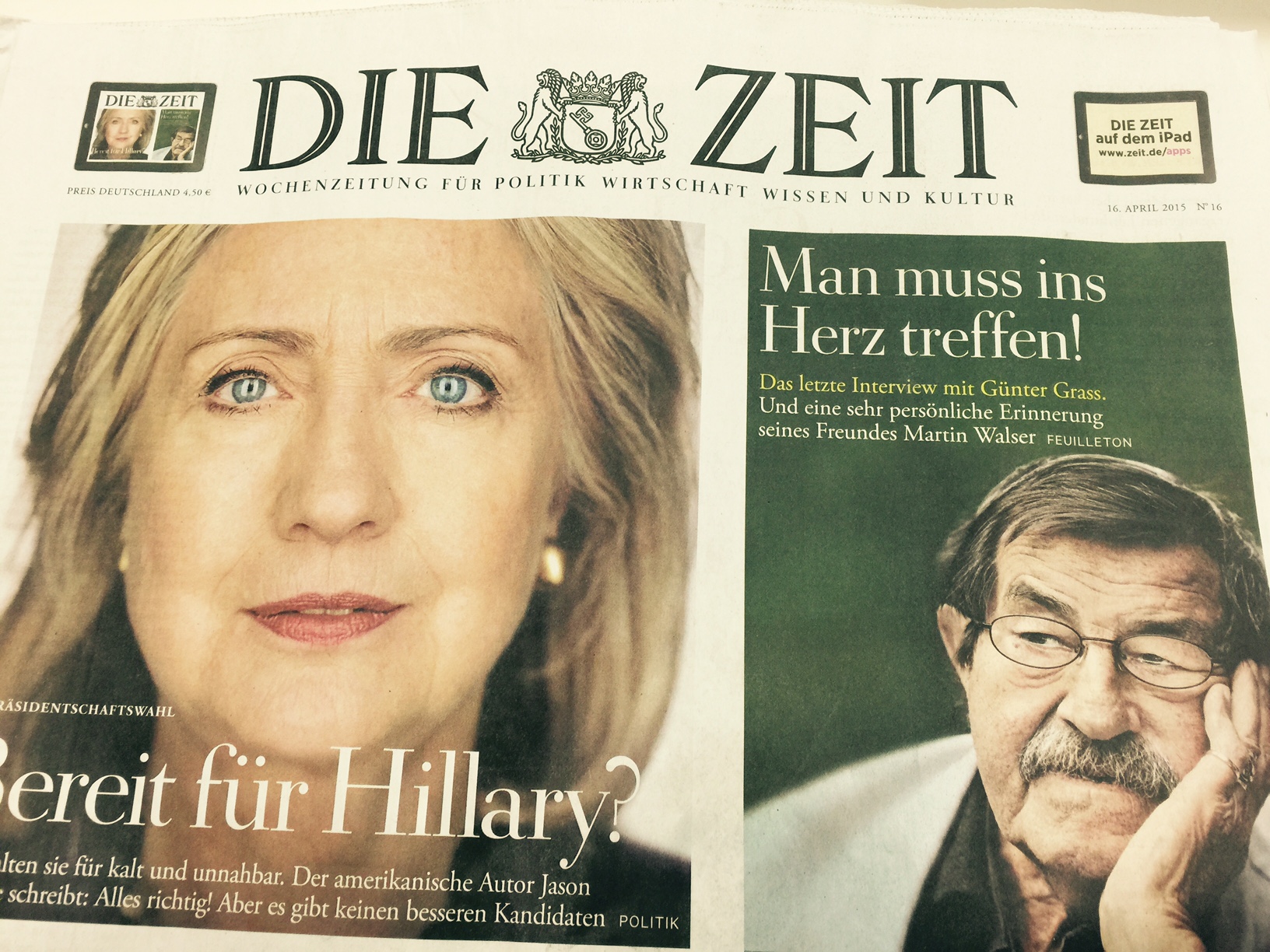The Chicago Tribune has announced that it would be expanding the number of “Perspective” pages seen in print and digital, beginning this week. The move will raise to four the number of opinion pages offered to readers Monday through Friday, and to five on Sunday.
“It represents a doubling of the content of the opinion and commentary since 2011,” Gerry Kern, editor, told Talking New Media. “It’s been an area of continuing investment for us because it supports the mission that we have here in Chicago, at the Chicago Tribune, to be at the center of a community of readers that care about what happens to this city.”
I am not surprised, and, in fact, I believe that this is the way many other publishers will go in the future. Opinion is premium content, indeed. It is the part of the newspaper that may offer exclusivity, uniqueness and a point of view. It is also content that we are not likely to have seen repeated via digital outlets, as is the case with much news.
Investing in premium content is also a step direction to begin thinking of the day when the printed newspaper does not exist Monday through Friday, and such content will play a key role in weekend editions, which I foresee as robust, multi sections and, yes, the place where print will find its niche.
While I have always been a devoted reader of opinion pages in newspapers, I do find myself more so now, starting by clicking on Opinion when I read several newspapers on the phone or tablet. Opinion represents the freshest content at the end of the day.
Good move for The Chicago Tribune.
The Power of Hillary

It must not have been an easy decision for the editors of Germany's Die Zeit (April 16, 2015) to make: the same week that Hillary Clinton announced her bid for the Presidency, the German Nobel laureate and favorite author, Günter Grass, died. Hillary still managed to get a larger portion of the Page One canvas. The headline reads: Ready for Hillary?
Recommended reading
Brilliant piece by Andrew DeVigal & Mike Fancher dissecting various storytelling forms of today and how they relate to the legacy of what has traditionally been considered journalism.
The authors present various story forms then and now. My favorite:
MORE Engaged and Participatory
The old distributive model of journalism is inadequate for the interactive participation people expect in the digital world. People are no longer satisfied to passively consume news, and the definition of journalism must become more expansive if it to be relevant.
The BBC created a mobile news bureau. BBC Pop-Up is a small team of reporters travelling across the United States, relocating to a new town each month. The team visited and looked for under-reported stories. When the project concluded, the editors wrote, “In 197 days, the rambling band of journalists traveled through 19 of the 50 U.S. states, living for a month at a time in six of them. All in all, the crew created 51 glossy videos, of which 46 were full feature reports and five were behind-the-scenes video shorts. Nearly all ideas for our stories were crowdsourced from local residents in the towns we visited.” The Seattle Times’ collaboration with Solutions Journalism resulted in the “Education Lab,” solutions journalism plus community engagement equal impact.
http://agora.uoregon.edu/thisisjournalismreport